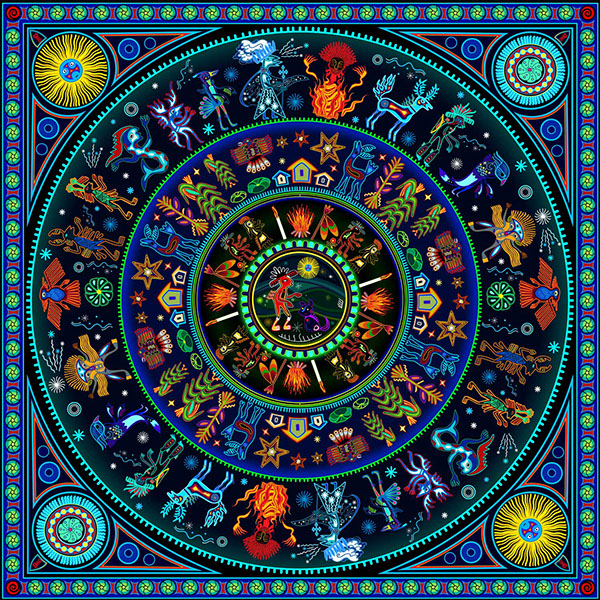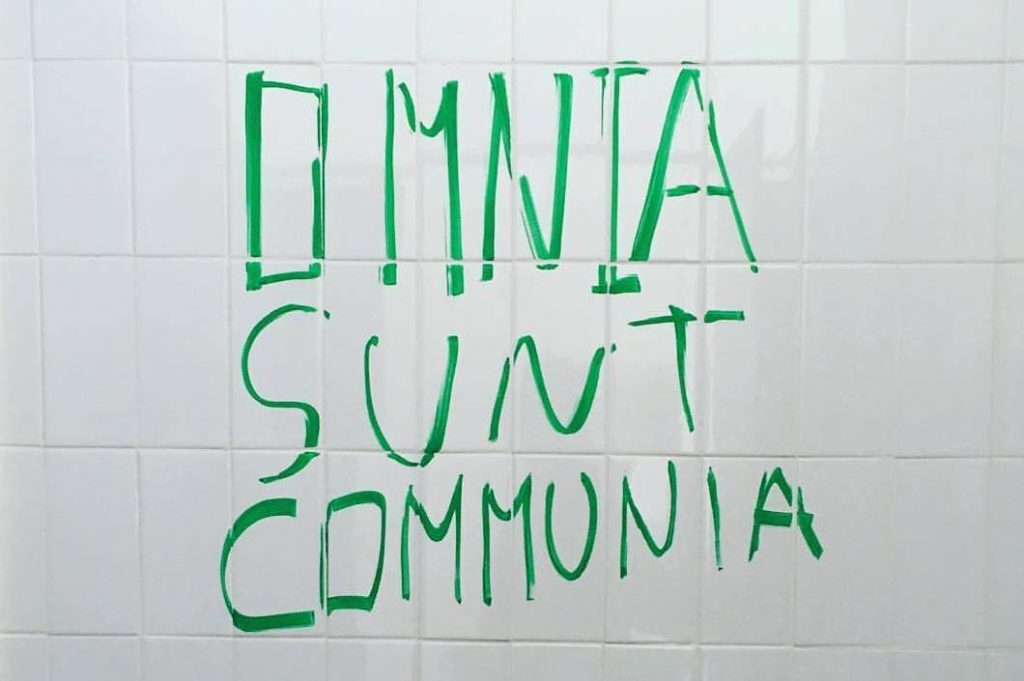7 Principles for Planetary Coops
1. Voluntary and Open Membership across borders, nationalities and income- and opportunity-gaps
- Planetary Coops actively work for diversity in membership. They seek arrangements for potential members that do not have financial or legal opportunity to join on equal footing. They seek equal opportunity by available means, eg. by regulating financial obligations by income level, or allowing members outside of rightsholding citizenship, and seek arrangements for their opportunity and empowerment in the coop.
2. Democratic control by Members, Community and Ecosystem
- Planetary Coops are democratic organizations controlled by their members, as well as the community and ecosystem. Members typically hold one vote each, and to represent the greater community and the planet, some kind of voting power, should be delegated. E.g. through abstract memberships representing the community, shamanistic practices (voting for the ecosystem or the planet), or perhaps votes controlled by scientific expert systems.
3. Planetary economics, non-profit & degrowth
- Planetary economics: Planetary Coops practice non-extractive economics that serve the planet, seeking a just transition towards regenerative practices.
- Non-profit: A Planetary Coop will not seek monetary profit beyond economic sustainability, and will not seek economic sustainability beyond planetary sustainability.
- Degrow and descale: Planetary Coops works towards reducing the amount of resources necessary for the operation of the coop, seeking sustainable levels in a global context. Planetary Co-ops actively work to bind more carbon than what is emissioned.
4. Autonomy and Independence
- Planetary Coops are autonomous, mutual aid organizations controlled by their members and ecosystems. If they enter into agreements with other organizations, including governments, or raise capital from external sources, they do so on terms that ensure democratic control by their members and maintain their cooperative autonomy.
- If necessary the coop can mask or camouflage it’s nature and practice if deemed necessary for it’s survival.
5. Schooling and multiplication
- Planetary Coops works to engender life long learning among it’s members and community, to empower them to keep on living on our planet, as well as healing it.
- Planetary Coops actively support others who wants to start Planetary Coops or similar organizations, in any way they can.
- Planetary Coops seeks multiplication by actively participating in copying it’s working platforms, services and businesses in other communities and ecosystems, sharing software and services and resources, as one would with ones own children.
6. Decentralize, network and practice alike
- Planetary Coops will organize and network with each other through decentral or federated means, on a planetary scale.
- They will seek and cooperate with organizations that are dedicated to similar values as here stated. The services and products necessary for the operation of the coop will be weighted on the same scale as their own practice and operations.
- Planetary Coops will use and produce free (libre) software, make things to the public domain, actively work for open technology and the possibility of hacking and repairing, forfeit intellectual property thinking and self-exploitation through copyright.
- Data is sacred. A Planetary Coop will protect the privacy and data of beings involved in the operation of the coop, and will actively work towards keeping and spreading data soverignty.
7. Seven Generation Thinking
- Planetary Coops will consider all decisions and practices in light of the concequences for the next seven generations. Our childrens, our childrens childrens, our great-grandchildrens, our great-great-grandchildrens, our great-great-great-grandchildrens, our great-great-great-great-grandchildrens and our great-great-great-great-great-grandchildrens. In other words we need to be thinking about the consequence of our actions for the continously lived life of beings and ecosystems for the next 200 years.

